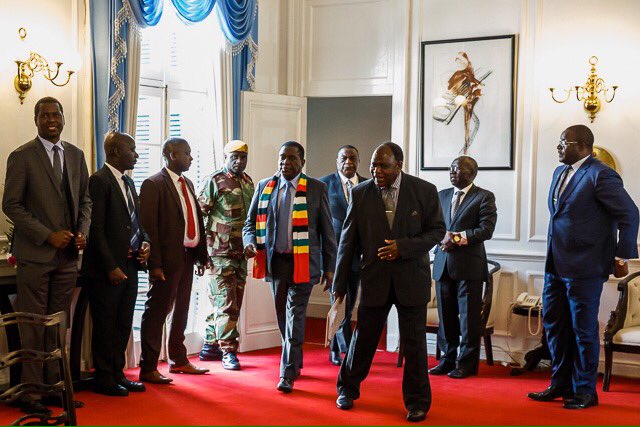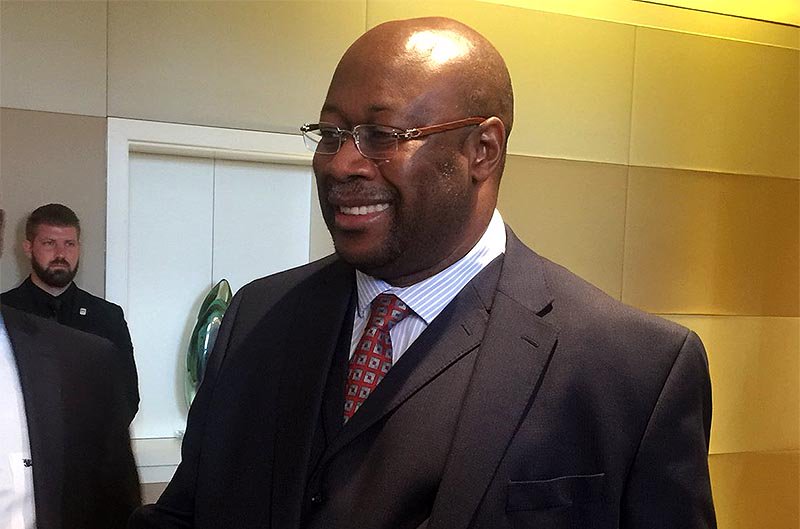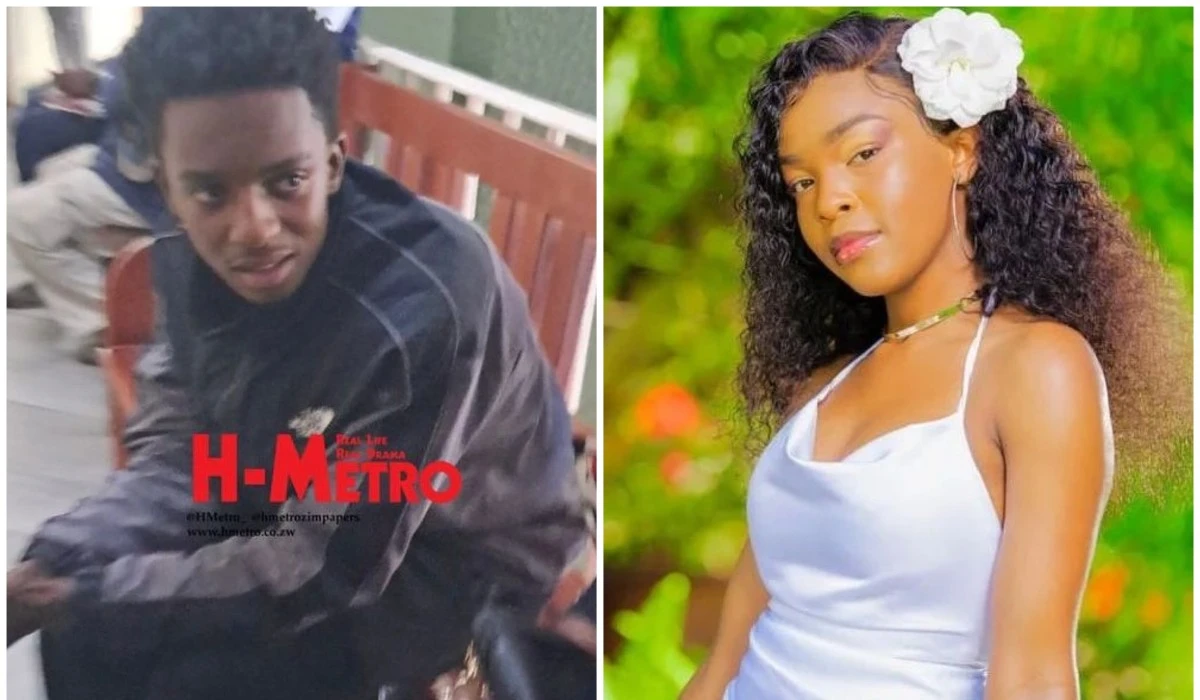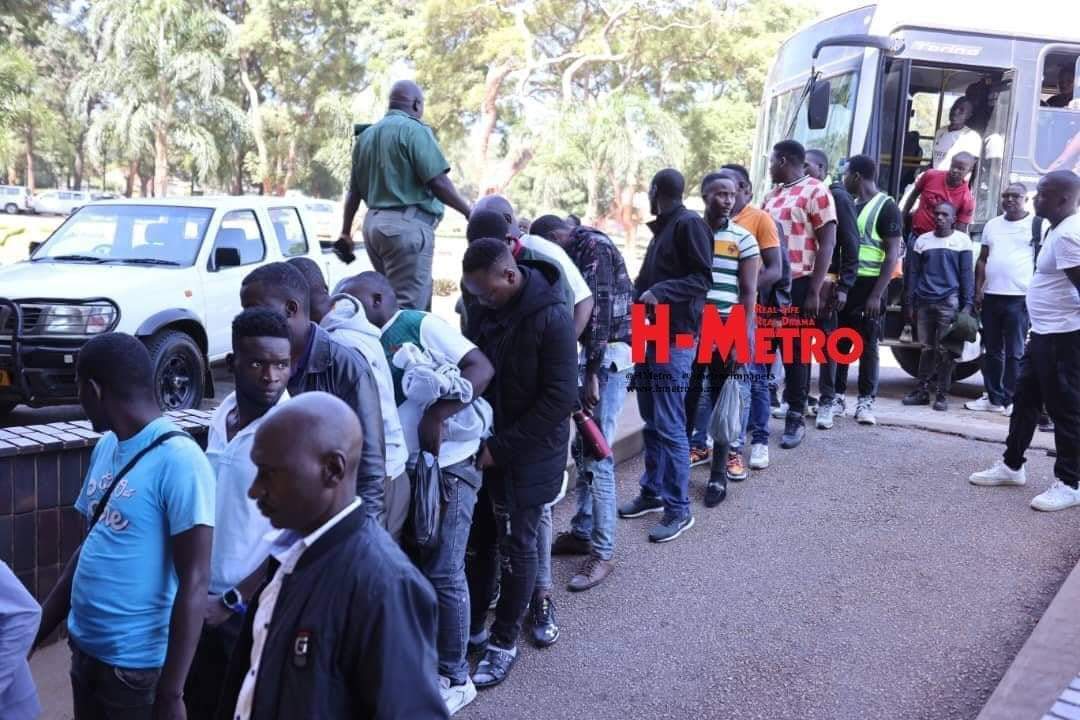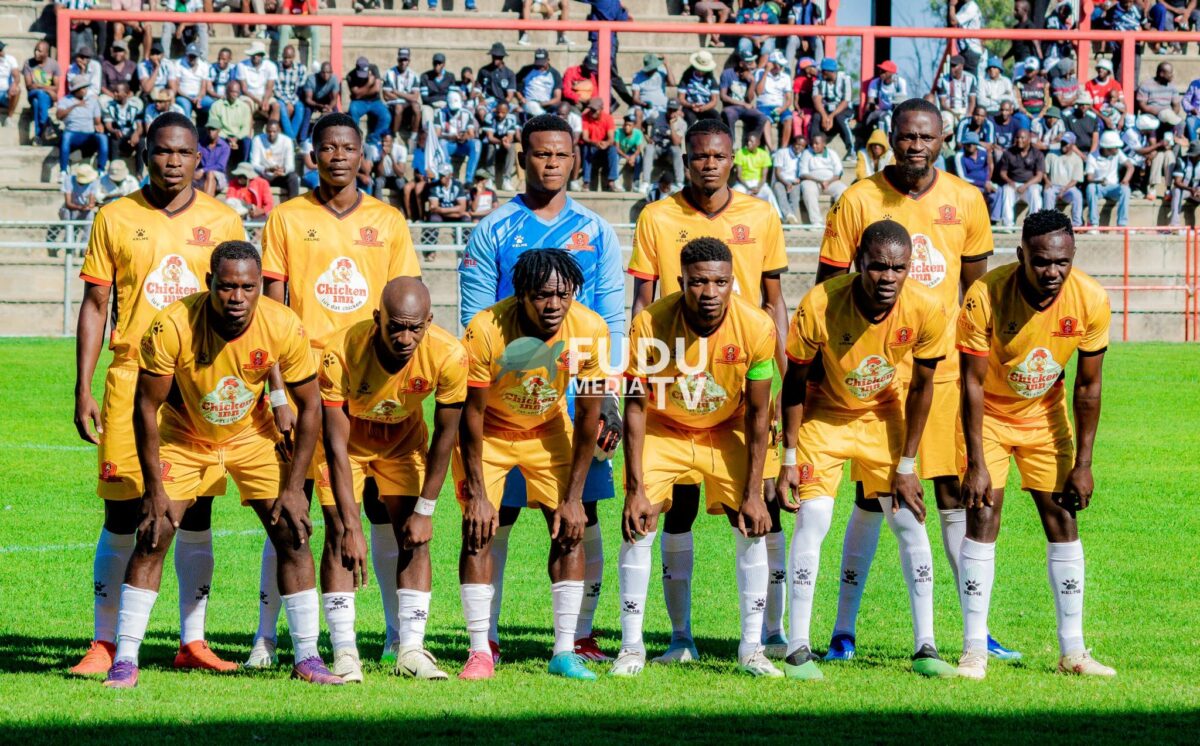PRESIDENT Emmerson Mnangagwa’s new cabinet, in which over a dozen ministerial level officials were reshuffled or removed, is a mixture of new faces, technocrats and some experience, as well as political loyalists.
At least the deadwood is gone, well most of it. Finance Minister Professor Mthuli Ncube symbolises meritocracy – the embrace of technocrats and competence as well as the new faces. Oppah Muchinguri, at Defence and War Veterans Affairs, is there for experience, and Local Government Minister July Moyo – defeated in the race for Parliament in Redcliff but rescued through the five non-constituency MPs quota available to Mnangagwa – is flying the flag of loyalists.
Kirsty Coventry, the new Minister of Youth, Sport and Recreation, symbolises the idea of inclusivity and an attempt to appease the international community, Britain in fact.
The cabinet was informed by the need for team renewal, competence and delivery. That is over and above volatile internal political dynamics: Vice President Constantino Chiwenga was removed from superintending over Defence and his political allies were eliminated or left out completely. This shows Mnangagwa is now flexing his political muscles to strengthen his leverage and seize control of the levers of state power from Chiwenga, who was the kingmaker before and after the coup last November. With his Cabinet, Mnangagwa has consolidated his political base in the face of ongoing brinksmanship with his ambitious number two.
Muchinguri is there to neutralise Chiwenga’s control of the military, hence deal with the power matrix. Ministers like Obert Mpofu, Supa Mandiwanzira and others were left out to send a message on corruption. People like Cain Mathema, who takes over as Home Affairs Minister, are there to deal with the ZAPU/ZIPRA issues, not necessarily the complex Matabeleland question.
In terms of geographical, regional and ethnic dynamics, we need time to assess how Mnangagwa’s Cabinet balances out.
On paper, it is not a bad team, but the real question is: Will this inspire confidence, restore legitimacy and ensure delivery to get Zimbabwe moving forward again?
The Zimbabwe problem is much complex and deeper; it may not easily be fixed by technocrats alone, it needs good leadership, sound policies, a complete change of doing things and cooperation by the international community.
Dumisani Muleya is the editor of the Zimbabwe Independent
